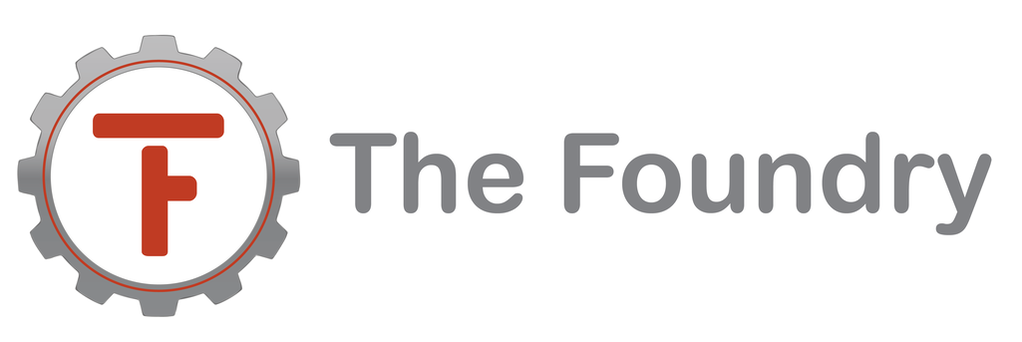The Indigo Assessment is a multi-dimensional, comprehensive tool to help students and educators gain insights through self-awareness of their behaviors, motivators and skills. Indigo offers three versions of the assessment starting at a 5th grade reading level.
|
Most Accurate Human Assessment on the Market
For Schools, we offer the Indigo assessment. Indigo uses a validated multi-factor assessment combining three or four sciences to measure behaviors, motivators, social emotional (acumen), and skills. Indigo is available for grades 5-adults. Multiple sciences progressively reveal more of the entire person — what they do, how they do it and why they do the things they do. We also embrace a philosophy that measures both the presence and absence of behavior, and acceptance and avoidance. We use a data pool of millions of individuals collected over several decades to further refine our assessments. No Adverse Impact The Indigo Assessment is EEOC, OFCCP, and FERPA compliant. There are no adverse impacts for socio-economic class, race, gender, or disability. Proven Results Thanks to TTI, the algorithms within the Indigo Assessment will provide data available nowhere else. TTI based assessments have been developed over three decades and have been statistically validated by third-party firms, drawing from a sample size of more than 30 million adults and 100 thousand students . They are currently being used in 90 countries around the world, have been translated into more than 45 languages. They accurately measure critical performance factors such as behaviors, motivators, competencies, perceptions, and emotional intelligence. |
Explaining each of the multiple sciences.
|
Behaviors (DISC)
Behaviors according to the DISC system, a tool that divides behaviors into four basic styles: Dominance, Influence, Steadiness, and Compliance. Students' DISC scores indicate their natural responses to every day circumstances. DISC focuses on four areas:
|
|
Motivators
Motivators describe why people do things; they are the internal desires that drive behaviors. The Motivators portion of the assessment is rooted in Eduard Spranger and Gordon Allport’s esteemed research on human values, motivations, and drive. The 6 areas that are measured include:
|
|
Perceptions
Social emotional (perceptions) data indicates how students view themselves and the world around them. The Indigo assessment employs the Harman Value Profile (HVP) to measure how students are currently feeling about their external and internal worlds. Dr. Robert Harman, creator of the HVP, was nominated for the Nobel Prize for his work. His profile measures areas such as emotional control, attitude toward others, handling rejection, and sense of belonging. |
|
85% of students rate their results as “highly accurate” and report increased confidence in their future after taking and reviewing the assessment.
|
93% of administrators report using Indigo data from the dashboard to make strategic decisions.
|
90% of students responded “Yes” to the question "Would you recommend that other
students take the Indigo assessment?" |
We Promise You Our Best

We promise to give you our very best in all that we do. Our commitment to doing our best means we must make continuous investments and improvements. Our solutions can’t be static and still remain effective over time as we operate in a dynamic and rapidly changing world. We recognize the importance of our role in preparing and empowering organizations for the future and take seriously our commitment to providing the best solutions possible.
We will continue to refine our processes with an eye towards greater knowledge development and transfer, organizational impact, and partnerships with individuals, teams, leaders, and organizations that lead to better outcomes. We promise you our best to fulfill our important responsibilities to those we serve.
We will continue to refine our processes with an eye towards greater knowledge development and transfer, organizational impact, and partnerships with individuals, teams, leaders, and organizations that lead to better outcomes. We promise you our best to fulfill our important responsibilities to those we serve.
We are dangerous when we are not conscious of our responsibility for how we behave, think, and feel.
Marshall B. Rosenberg











